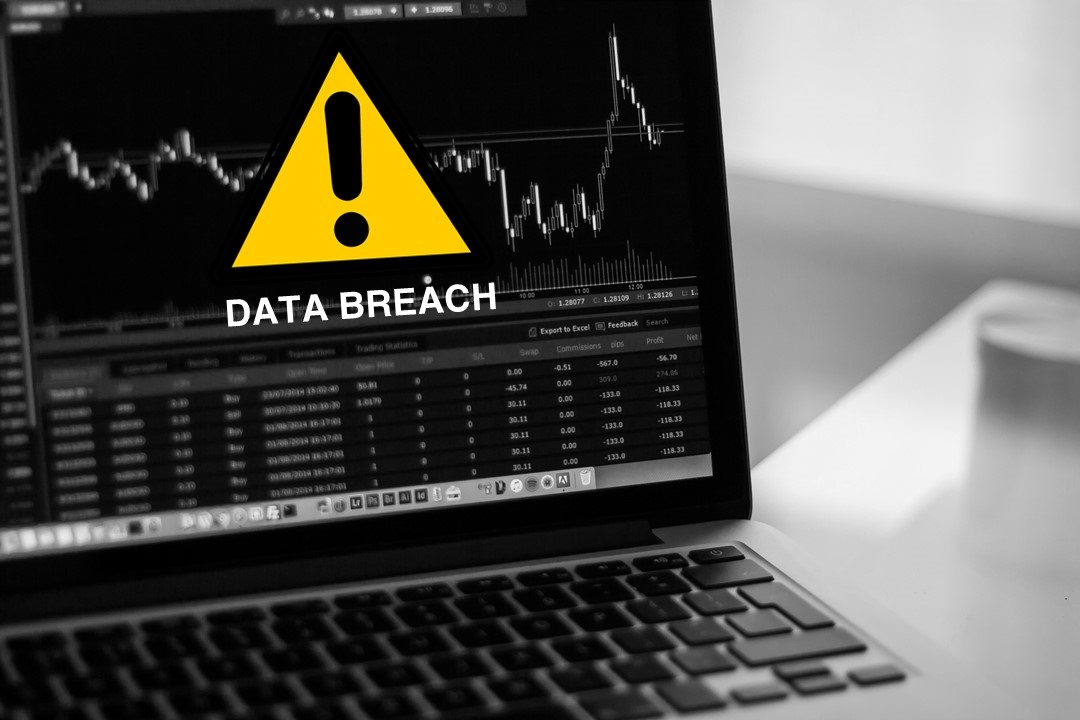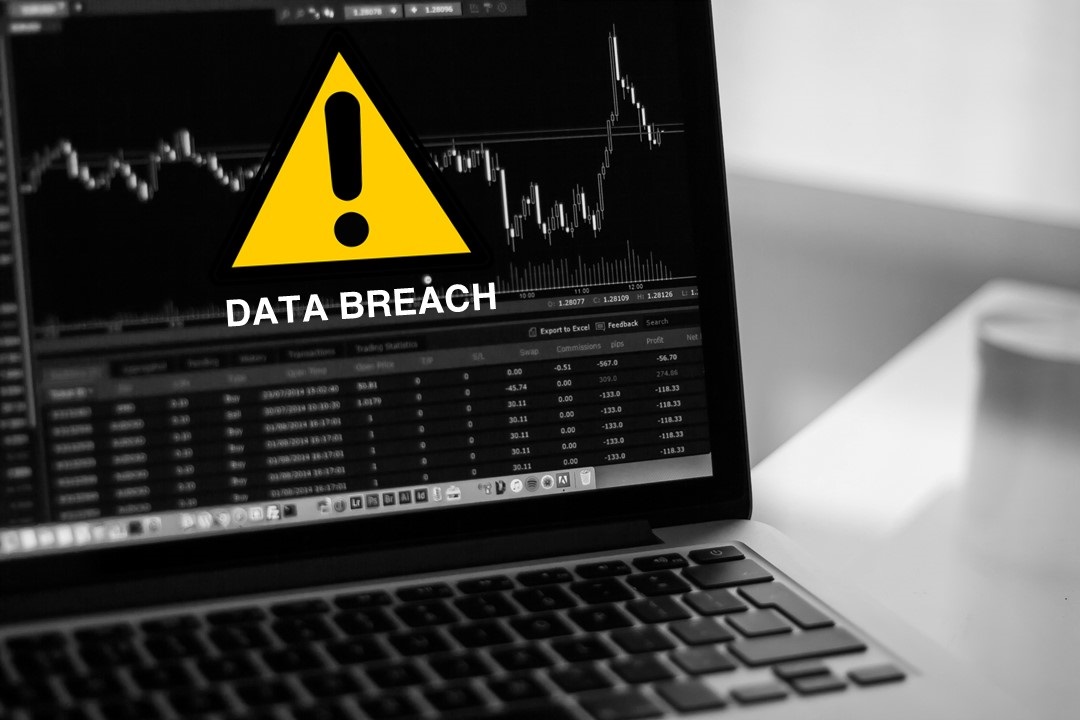Majority of Companies Are Not Disclosing Their Data Breaches

It is a common misconception to think that companies absolutely must disclose details of any internal breaches they may have suffered. In reality, the majority of data breaches go unreported, and details of the leak are rarely revealed to the public. Recently in the media, Yahoo came under fire and heavy scrutiny for late disclosure of two major data breaches of user account data. The Internet service company suffered two massive breaches in both 2013 and 2014 – resulting in the largest discovered data breaches in the history of the Internet – but this situation was only made public during the latter part of 2016.
This begs the question, should companies be forced to disclose data breaches? As we shall soon see being PCI compliant is only the beginning to assessing the security practices of a company.
False sense of security protection
Just because a company is internationally known it doesn’t automatically mean that your data is safe. Many users have a false sense of protection, simply because they trust the brand. But when it comes to these companies’ cybersecurity practices, quality security measures may not be a top priority since most are typically sales-driven. For example, besides the recent Yahoo breach, there have been numerous cyberattacks that have made headlines like Dropbox’s 68 million users’ data leakage that remains engraved in the minds of the public.
Part of that reason that so many attacks go unreported is because most companies simply do not need to disclose that sort of information in the first place. There is no current law requiring corporations to reveal when customer data has been compromised, so it makes sense that data breaches go unreported. A hacking incident could tarnish the reputation of the brand and instill mistrust among customers, which is never something corporations want. Even if large corporations choose to disclose data breaches, the extent to which data has been compromised are probably not revealed in full and downplayed.
For instance in the case of credit card breaches, customers will simply receive email reminders to change their account passwords or the bank will issue new cards to mask the data breach. Cases like this provide a sense that nothing is wrong and it is simply “routine procedure.” So, what can you as the customer do?
PCI Compliance?
If you are engaging in online transactions, ensure that the company is PCI-DSS (Payment Card Industry Data Security Standard) compliant.
Below is a clear definition of this industry standard:
The Payment Card Industry Data Security Standard, or simply PCI DSS, is a set of security standards designed to ensure that ALL companies that accept, process, store or transmit credit card information maintain a secure environment.
With most brands moving their businesses online, there is a growing concern for the security implications of online transactions. When a corporation is not PCI compliant, there is a higher chance of data leakage – but even this industry standard is purely a minimal requirement. Just like how it is not a law for corporations to reveal internal data breaches, PCI compliance is just a security standard for online transactions – but not the law. That means businesses can continue to sell products online without the proper security standards intact. Furthermore, research by Verizon has shown that seven in ten businesses who achieve PCI compliance fail to maintain this compliance for a minimum period of one year.
Because corporations do not differentiate between what it means to “be validated” and to “be compliant,” this finding is extremely daunting especially in the light of recent data breaches. To be validated specifies a precise point in time when a business chooses to be assessed for compliance. This assessment is therefore a snapshot in time and says virtually nothing about the business during the rest of the year. For example, a company that suffered a data breach may reveal to its customers that they were validated for PCI compliance within the past year, but it doesn’t necessarily mean they were compliant at the time of the actual data breach.
In fact, according to one of the authors of the Verizon report, “…data from the past 10 years shows, that not a single company that suffered a data breach was compliant with PCI requirements at the time of the incident.” PCI standards set a strong baseline protection for any business but at the end of the day it is just the “minimum bar” to entice competitors to reach that same level of security simply because customers expect at least that much.
But is it enough? In many cases, no.
For example, Home Depot, who was PCI compliant, suffered a massive data breach in 2014. Many questioned how this breach could have occurred to such a huge retailer especially when it was supposedly certified to the security standards associated with credit card transactions. However, according to CIO, Home Depot’s data breach stemmed from using outdated Symantec antivirus software, not monitoring the network continuously for suspicious behavior, and performing vulnerability scans irregularly at only a few of its stores. Stolen customer information also went unnoticed for several months. This is a perfect example that demonstrates that there is more to being secure than being PCI compliant.
Security beyond PCI compliance
A larger company like Home Depot can certainly afford to hire a security team but because security was not prioritized, it was too little too late when they were struck with a massive data breach. Adhering to the PCI standards sets the minimum bar but there is more to security – to start off, companies should be incorporating a Web Application Firewall (WAF) to their security platforms. Not only does a good WAF do much more to protect your website against external threats including DDoS and data leakages, the best part is that they also do not require a special security team to operate and manage the system.
With the rise of cloud services, WAF-as-a-service has also become popular since it doesn’t require additional hardware.Only minimal technical knowledge is needed involving a simple DNS configuration to register websites under WAF protection. Cloud WAFs manage all inbound and outbound traffic and are able to automatically detect and filter malicious attacks. This is huge for businesses who may still be starting out and cannot necessarily afford specialized security teams. For example, Cloudbric, a cloud-based WAF service, offers easy to understand web traffic analytics and allows users with little to no IT-security knowledge to manually look at their web traffic data in search of any inconsistencies.
The reality is that hackers can gain access to confidential information with relative ease so data leaks will likely continue to prevail. It’s important to keep in mind that just because it doesn’t make news headlines doesn’t mean that data breaches are not a common occurrence. We can have a false sense of security believing that entrusting our sites to well-known and successful companies can keep our information secure. But while following standards like PCI DSS is a great start, when thinking about the best security practices it’s best to think about the long-term and how to implement a solution that has you covered any time and anywhere.
